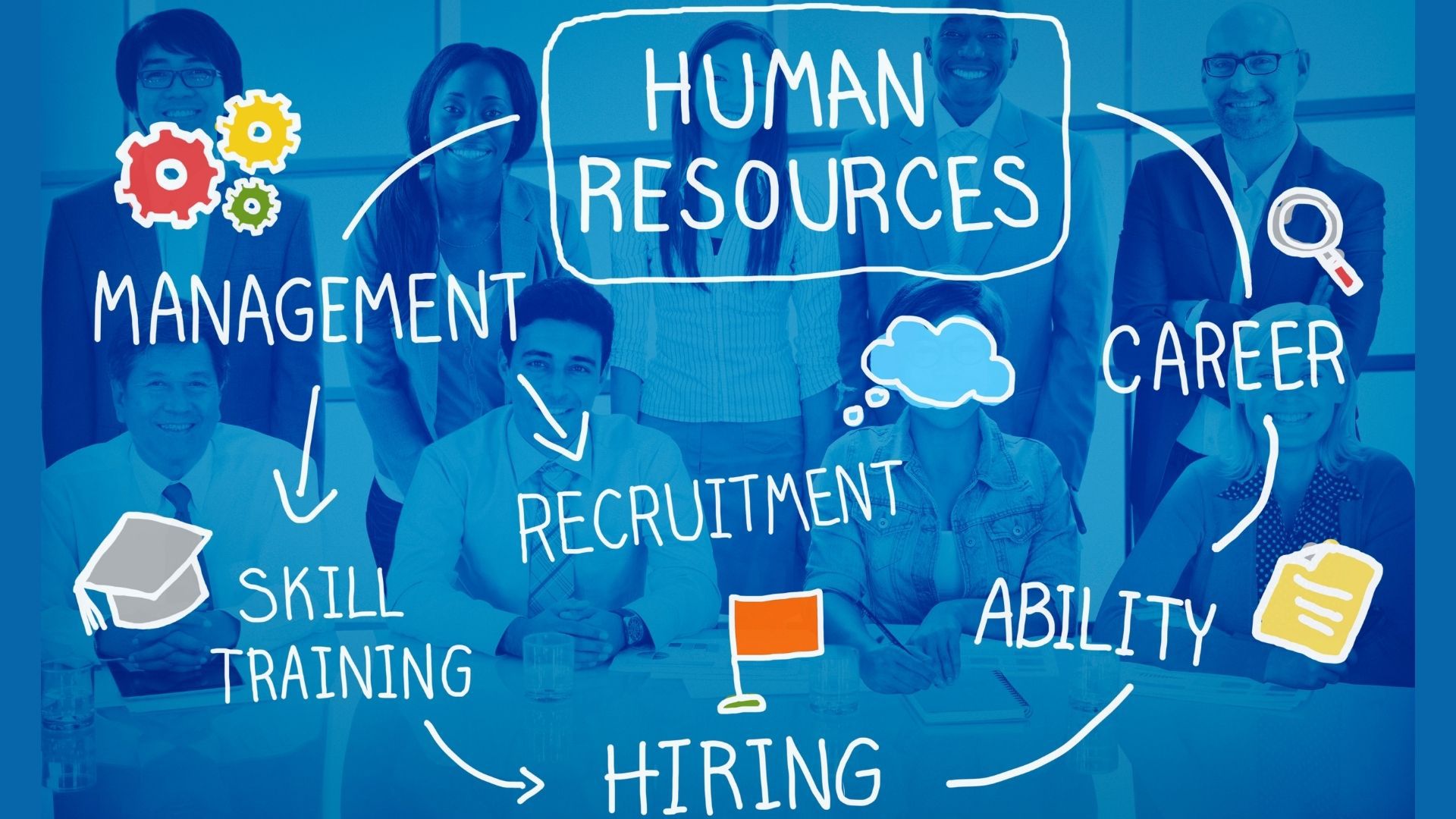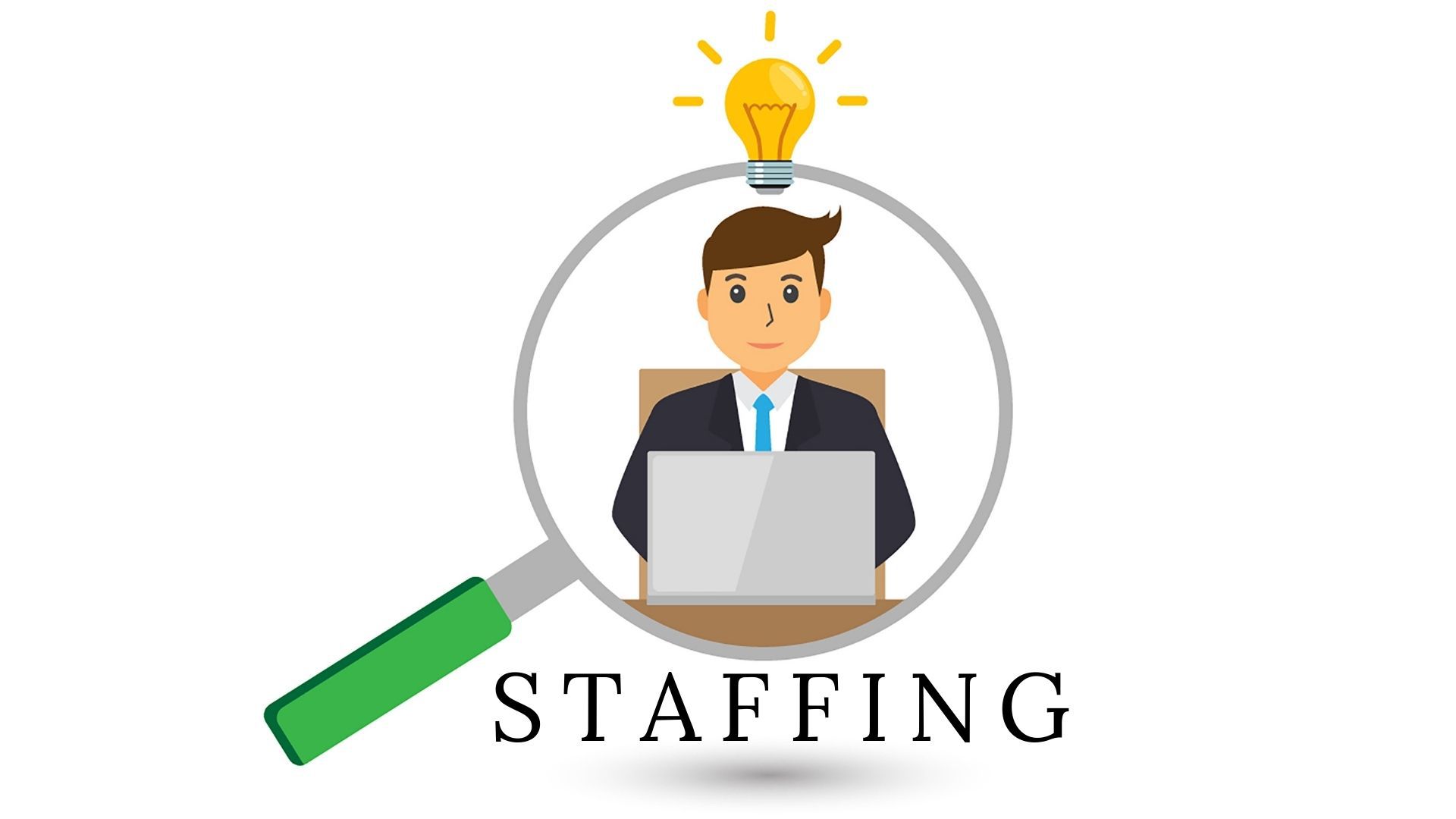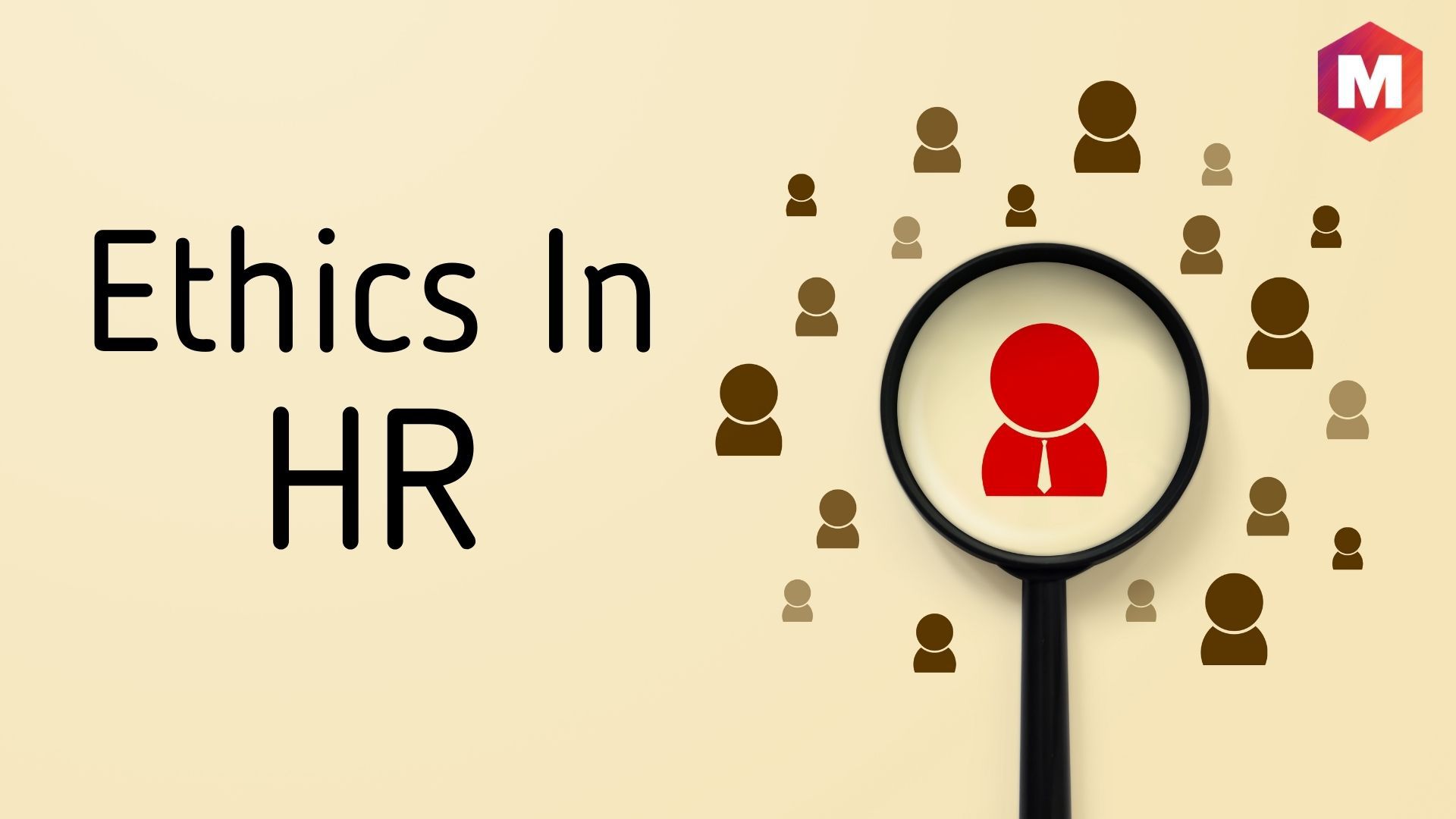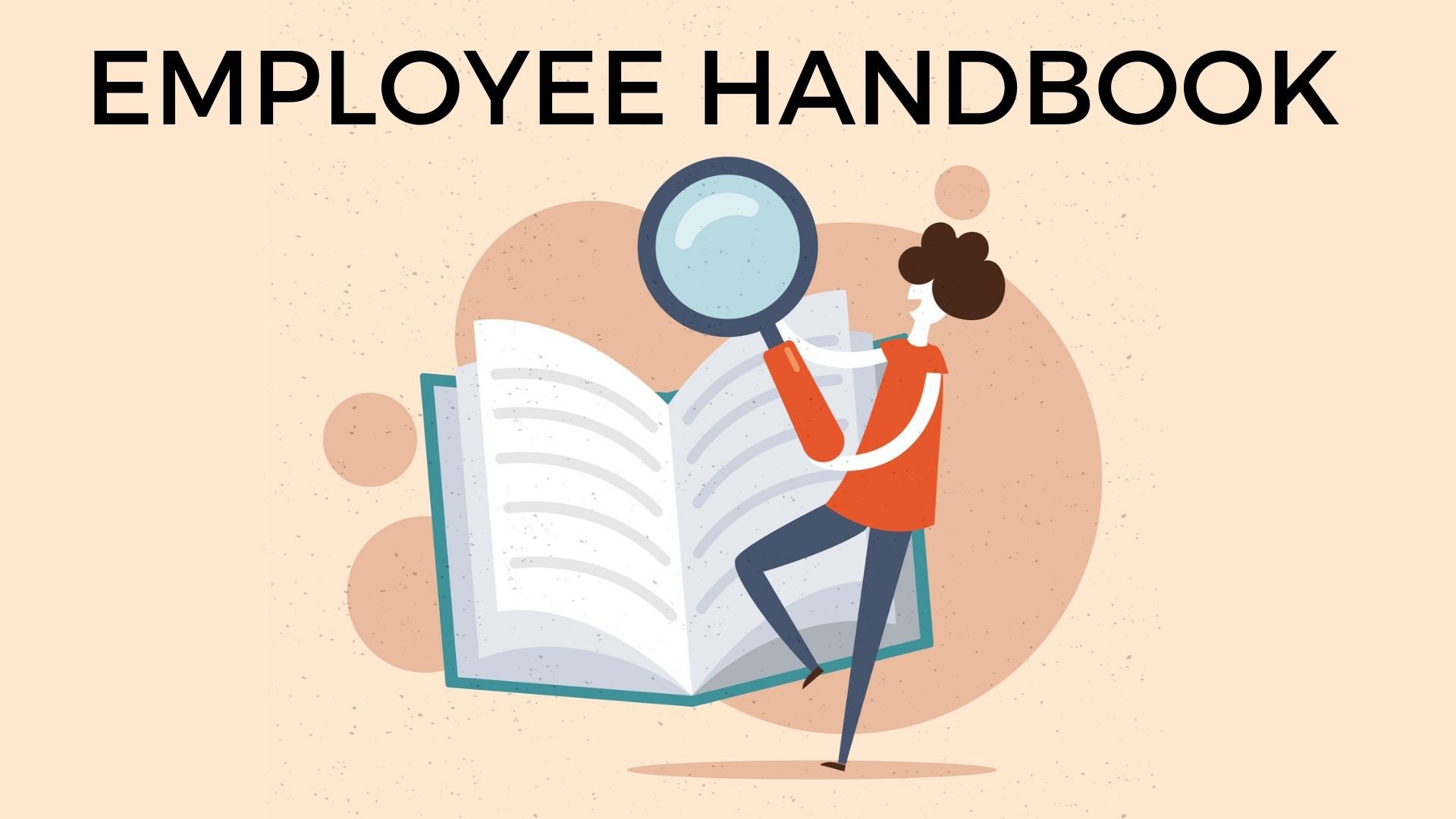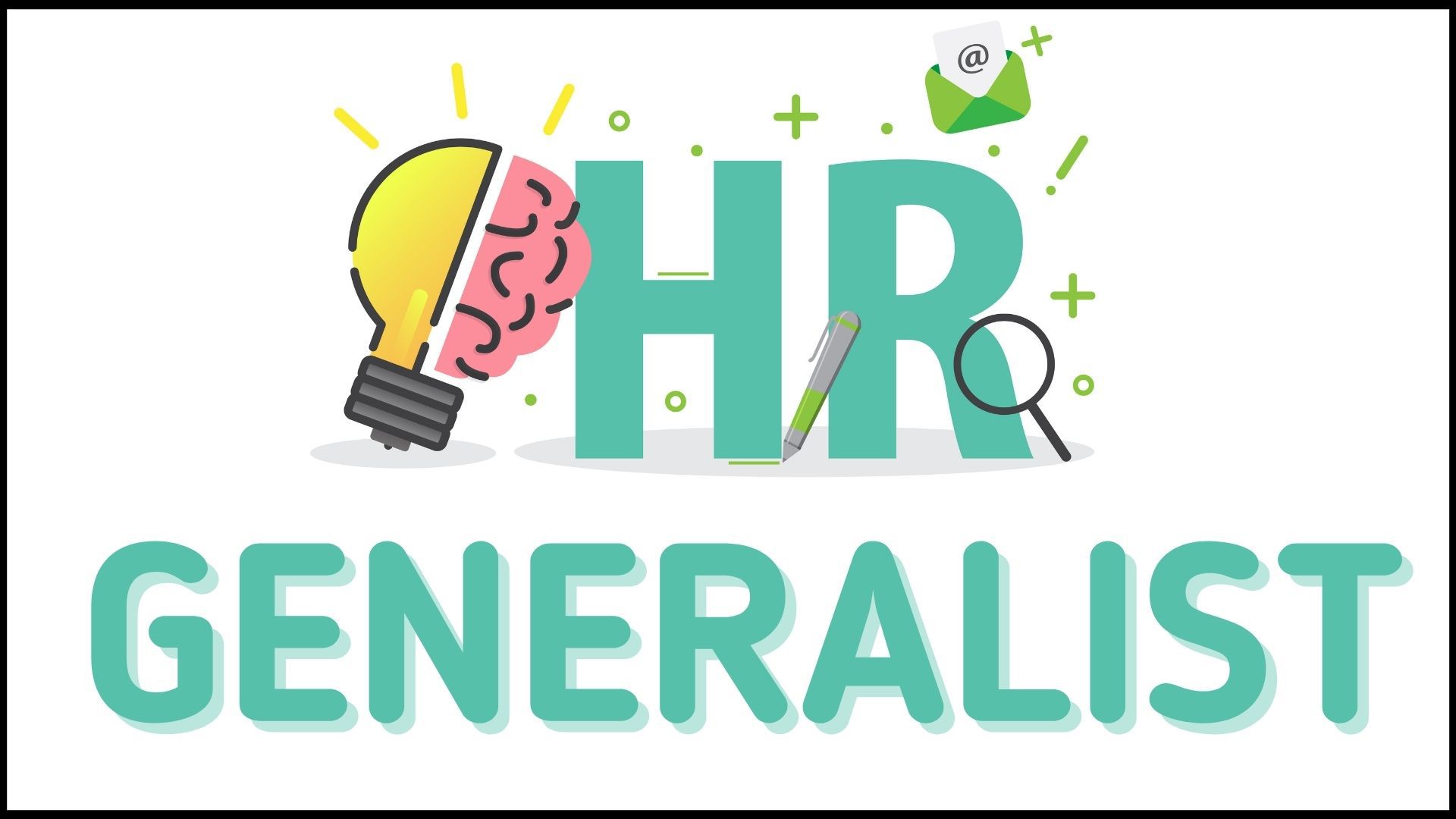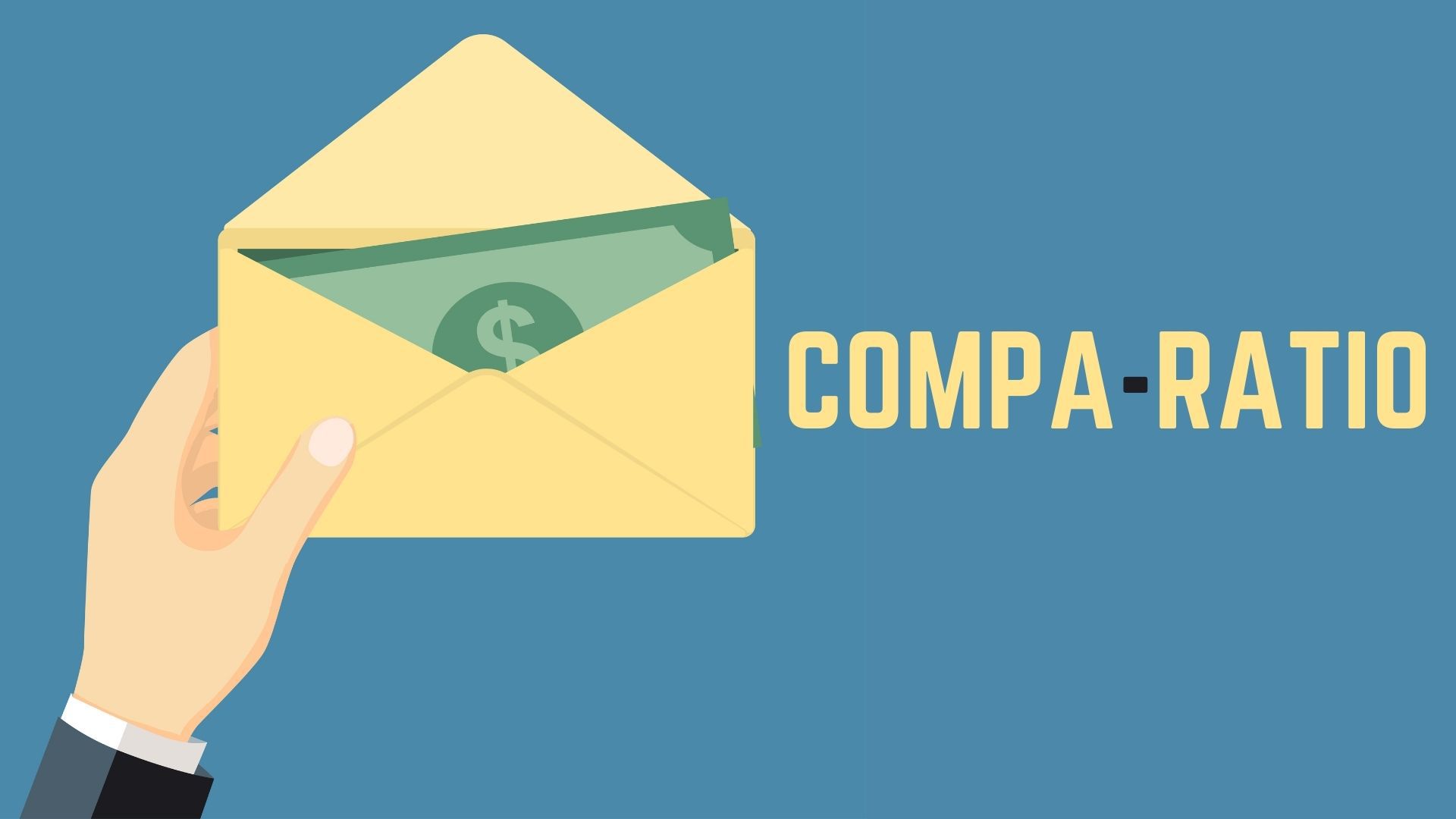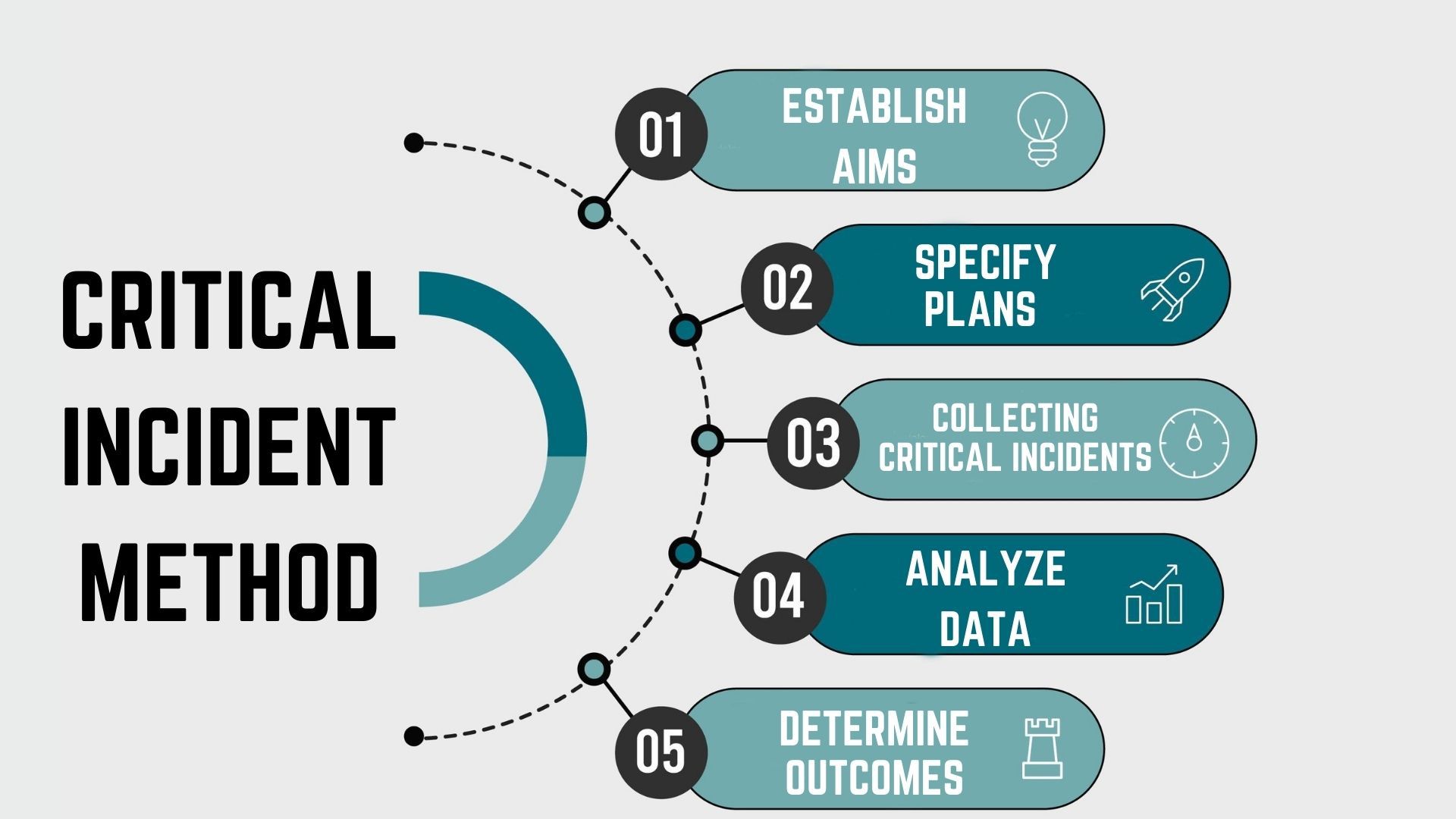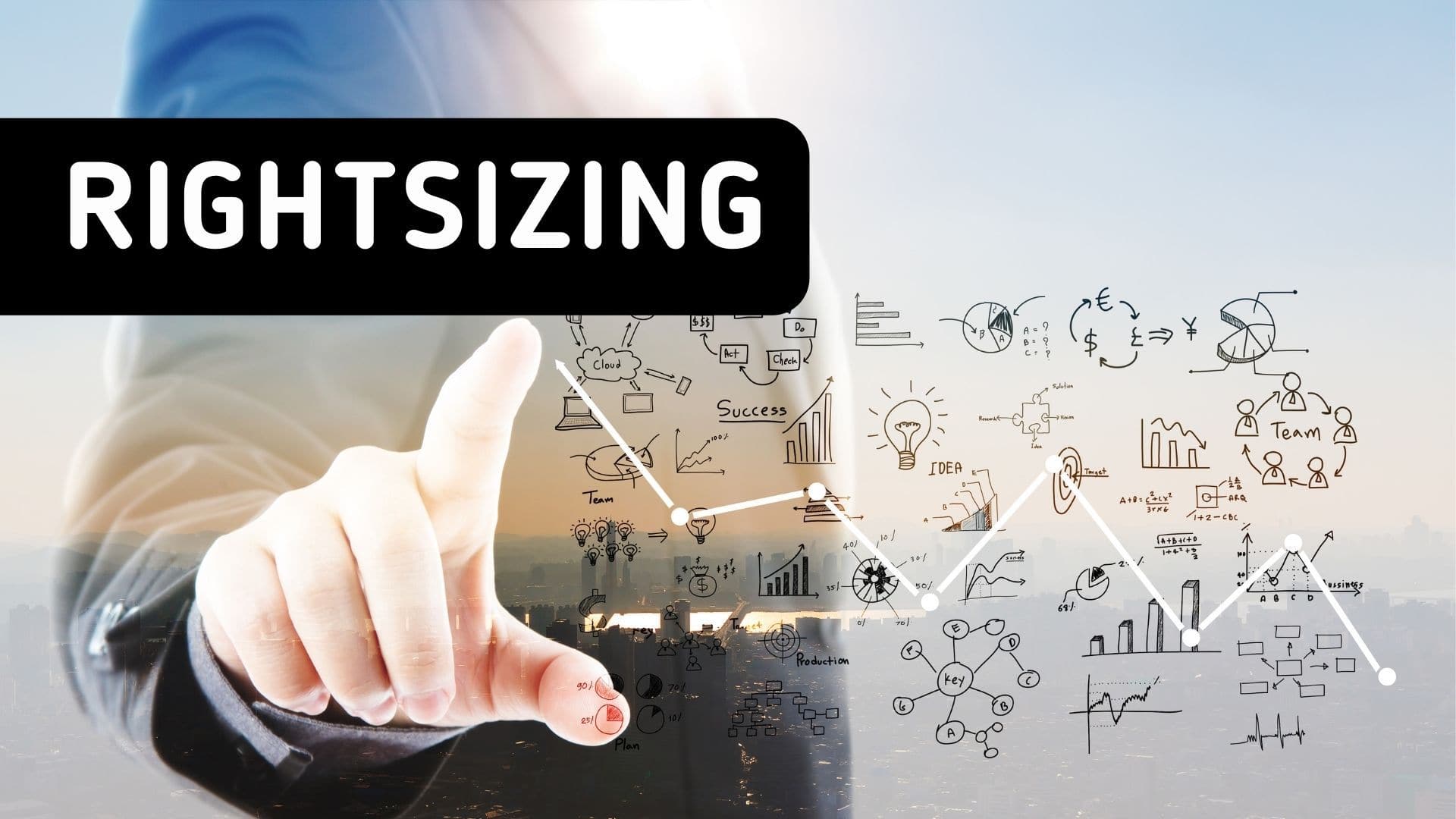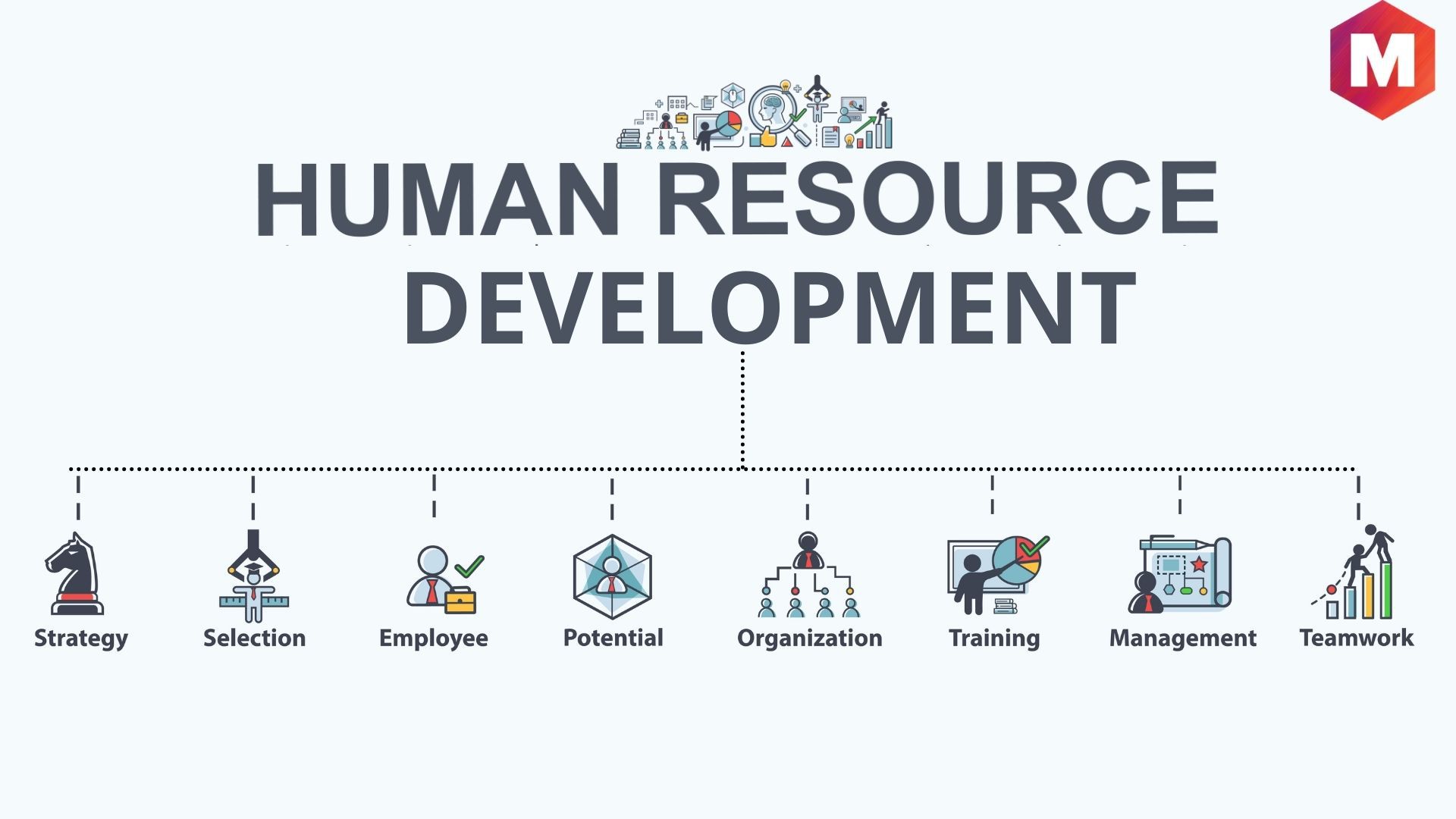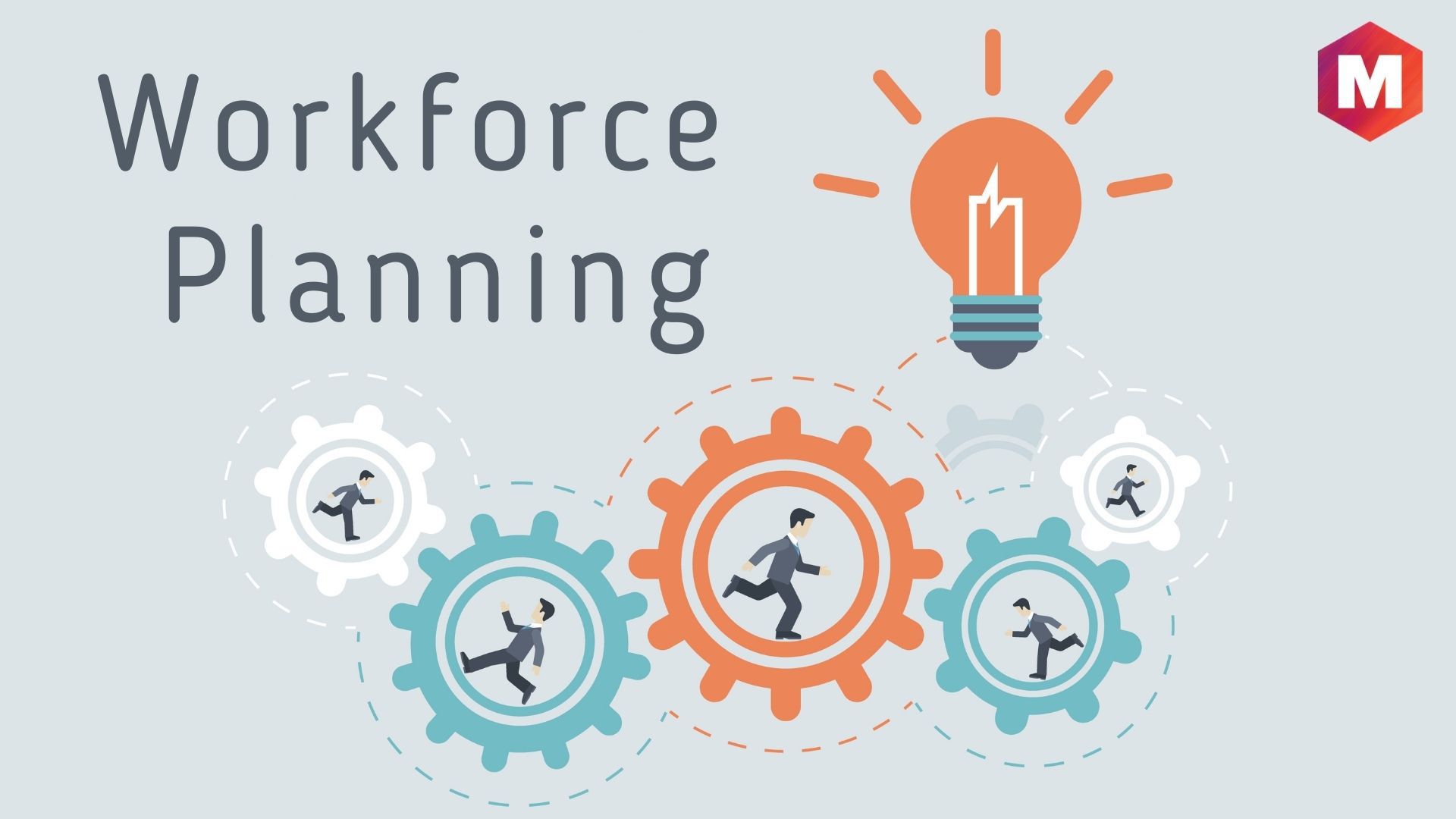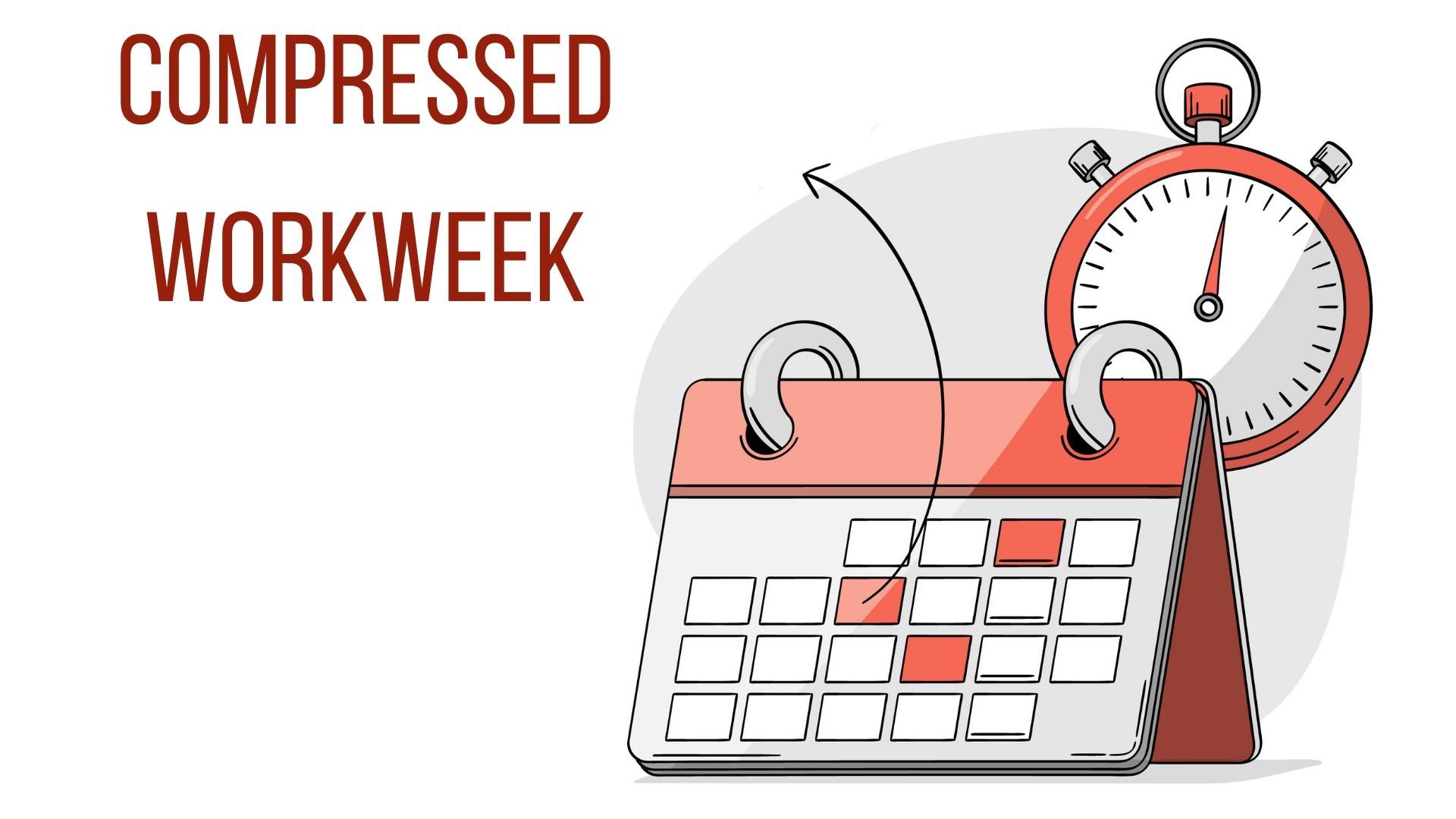Human resource management is defined as a process of managing employees in an organization so that they help to gain a competitive advantage. It is…
Human Resources
Human resources management is a critical function for any organization as the right people in the right place can make a huge difference. All HR related articles are covered this category.
What is Staffing? Definition, Importance, Aspects & Factors
When it comes to an understanding of what is staffing in business and employee management, then it can be understood as the process of finding…
How to Write Selection Criteria? – Tips and Examples
Selection criteria consist of a list of educational qualifications, skills, abilities, experience, and knowledge that one must have to be eligible to do a job….
What is Incentive Pay? – Classification, Merits and Demerits
Looking for some effective ways to motivate your employees and ignite their passion? Then incentive pay is one of the most effective ways to engage…
Reward Management – Definition, Types and Benefits
Looking for the best ways to inspire and engage your employees? Then you need to let your employees feel valued and motivated. You need to…
Self Assessment – Definition, Components and Advantages
Self Assessment is the very first step of channelizing career, personality, or self-development. It offers the most beautiful, useful, and constructive pieces of information that…
Job Design – Meaning, Characteristics and Principles
Companies employ job design to create brand-new job roles or add duties to existing jobs. For example, the company ABC employs job design to create…
Difference Between Job Description and Job Specification
Outlining of specific skills, qualifications, and characteristics that an individual needs to do a job is job specification. When it comes to applying for a…
Graphic Rating Scale – Definition and Characteristics
The graphic rating scale is the type of appraisal method in which the expected behavior of all traits for effective performance is listed for every…
Merit Pay – Explanation, Advantages and Disadvantages
Merit Pay or merit-based pay is defined as a payment or a reward that is given to the highest performing worker. Explanation Merit pay is…
Progressive Discipline – Definition, Importance and Steps
Progressive discipline can be defined as a method used in the workplace environment to correct or improve employees’ work performance or their behavior-related issues at…
Labor Productivity – Definition, Importance and Calculation
Labor productivity is defined as the output that every employed person creates per unit of time. What is Labor Productivity? Labor productivity is also referred…
Verbal Warning In The Workplace – Types and Reasons
As the name suggests, a verbal warning process is a warning that is given verbally to an employee in the workplace because their job performance…
Reverse Culture Shock – Definition, Signs and Stages
Culture shock or reverse culture shock is defined as the disorientation that people feel when adapting or re-adapting to a new or unfamiliar or familiar…
What is Staff Leasing? Definition, Pros & Cons
In today’s dynamic business landscape, effective human resource management is pivotal, and staff leasing is an increasingly popular strategy. Staff leasing, also known as employee…
Pre-Employment Test – Definition, Types and Benefits
The pre-employment test is defined as a standardized way of collecting data and information of the applicants that have applied for a job in the…
List of Employees Expectations and Tips to Fulfil Them
To be a great boss, being aware of employee expectations is vital for attracting and retaining great employees. Managers act as the fulcrum in any…
Acculturation – Overview, Process and Strategies
Acculturation is a process of cultural, social, and psychological change for balancing two cultures generally in between dominant and minority culture. When people of one…
Talent Acquisition – Definition, Importance, Process and Tips
Talent acquisition is a process of identifying, acquiring, assessing, and hiring candidates to meet organizational needs. Every company has an effective talent acquisition team in…
Ethics in HR and How to Implement it in Human Resources?
Ethics in HR revolves around maintaining its moral codes and ethical values at all levels of an organization for effective manpower planning and development. Incorporating…
Benefits in Kind – Types, Methods, Values and Examples
What are Benefits in Kind? Definition: Benefits in kind are defined as different types of non-cash benefits of monetary value that employers offer to their…
Salary Structure – Overview, Components and Types
Salary structure refers to the system used by employers to determine the compensation of an employee. Also known as pay scale it includes the details…
Base Pay – Definition, Working, and Factors
Definition: Base pay is defined as the initial amount of money reimbursed to an employee in return for the employee’s service is called the base…
Employee Handbook – Meaning, Contents and Examples
An employee handbook is a manual or a book was given by the employer to his employees to provide information related to the job. It…
15 Types of Employees and How to Motivate Them
Employees are hired by an organization or an individual or employer to perform different duties, jobs, or work. The work of employees is controlled by…
HR Generalists – Skills, Responsibilities and Job Description
Being one of the most key individuals in the Human Resource Functions in business, HR generalists are responsible for the day-to-day administration and result-driven management…
Insubordination in the Workplace – Meaning, Elements and Types
Insubordination can be understood as resistance that revolves around practices involved in refusing to obey legal and ethical orders from the authorities. Insubordination mainly occurs…
Performance Standards in Business – Definition and Explanation
Definition: Performance standards are the expression of management-approved performance thresholds, expectations, and requirements that are to be met so that the employees are eligible for appraisal….
Gross Salary – Definition, Components and Calculation
What is Gross Salary? Definition: Gross salary is the total amount of money that is given to an employee as salary or wages before any…
Work Culture – Definition, Meaning and Importance
What is Work Culture? Definition: Work culture is defined as the shared values, behavior, attitudes, and beliefs in the workplace and reflects the ideology and…
Compensatio Ratio or Compa-Ratio – Definition, Formula and Calculation
What is Compa-ratio? Compa-ratio is the short form of comparative ratio that is used by compensation professionals for evaluating the competitiveness of the pay level…
Critical Incident Method and Technique – Definition, Process, Advantages
The critical incident method, also known as the critical incident technique, is a process that uses a set of procedures to collect, observe, and analyze…
Rightsizing – Definition, Meaning, Steps and Challenges
Rightsizing is defined as the process of reorganizing and restructuring the existing business by different cost-cutting methods. These methods include, but are not limited to,…
Garden Leave – Meaning, Advantages, Terms and Conditions
What is garden leave? Garden leave is a practice followed by companies to prevent an employee to go to work or seeking work elsewhere once…
Compensation Management – Definition, Importance, Objectives, Types and Softwares
Compensation management refers to the whole process of deciding, analyzing, channelizing, and managing the salaries, perks, incentives, and other types of benefits that employees receive. Compensation…
Human Resource Development or HRD
Human resource development is the process of developing the human resources of an organization by optimizing and upgrading their skills and knowledge as per the…
Workforce Planning – Definition, Importance, Working and Steps
What is Workforce Planning? Workforce planning is the process of continuous optimization that helps an organization to align its goals and needs with that of…
What is a Compressed Workweek Schedule? Pros & Cons
In the bustling rhythm of today’s world, achieving a good work-life balance has become a hot topic. When done right, it can lead to happier,…
Variable Pay – Definition, Meaning, Types, Importance and Advantages
Definition: Variable pay is any amount of money or sales compensation that is paid to employees on a variable basis and is not consistent but…
HR Specialist – Role, Responsibilities, Requirements, Salary and Educational Qualifications
An HR Specialist in an organization is responsible for enrolling, training, supporting, placing, keeping up records, and overseeing the performance of the employees of an organization….
